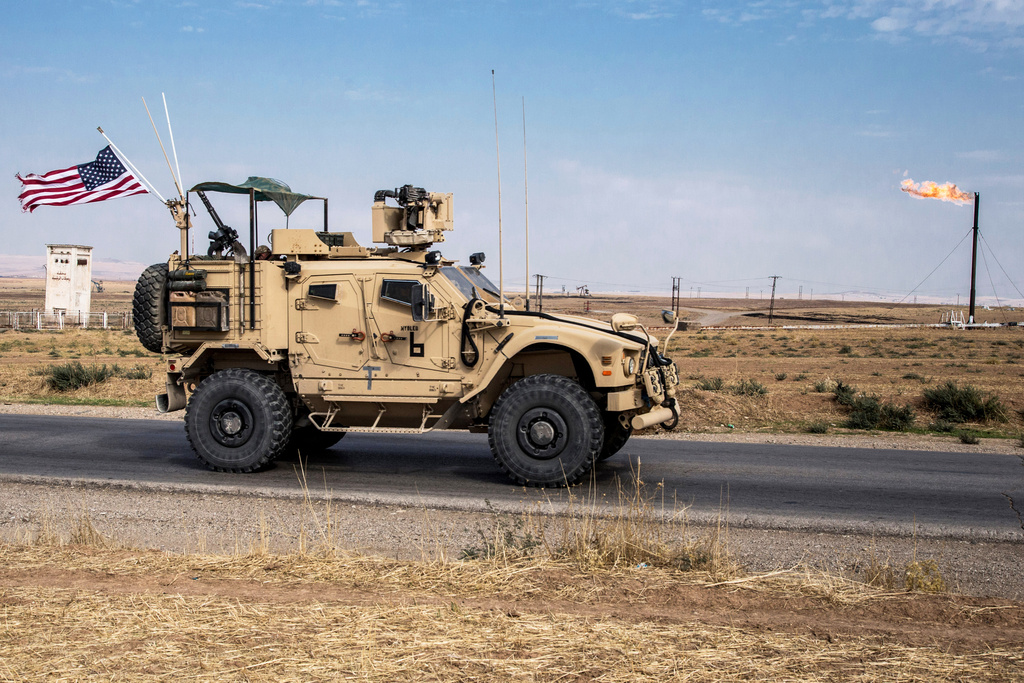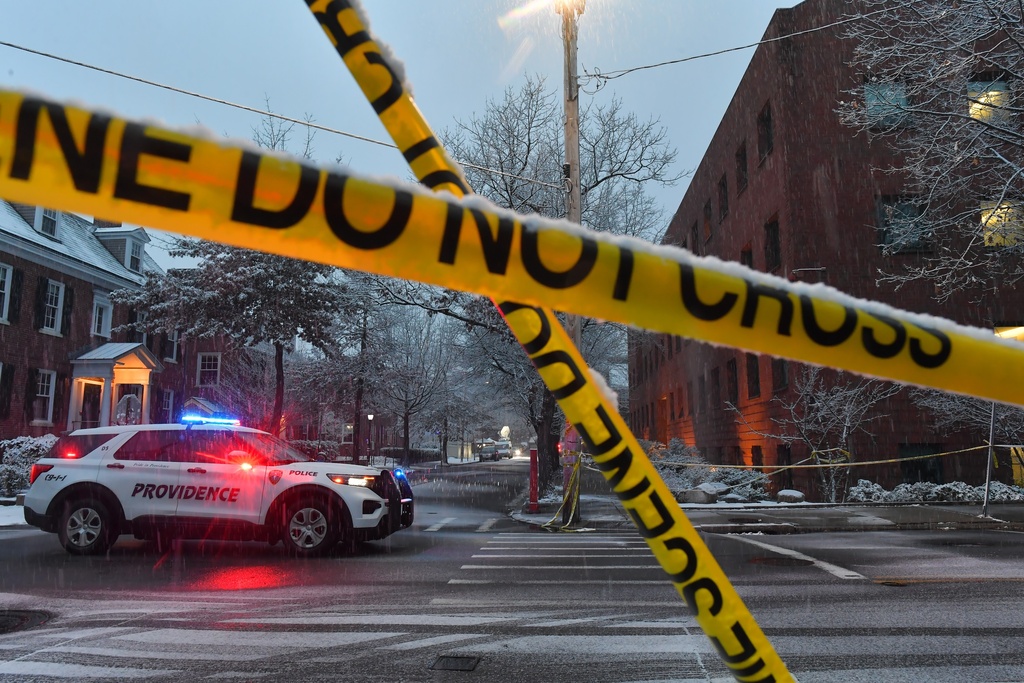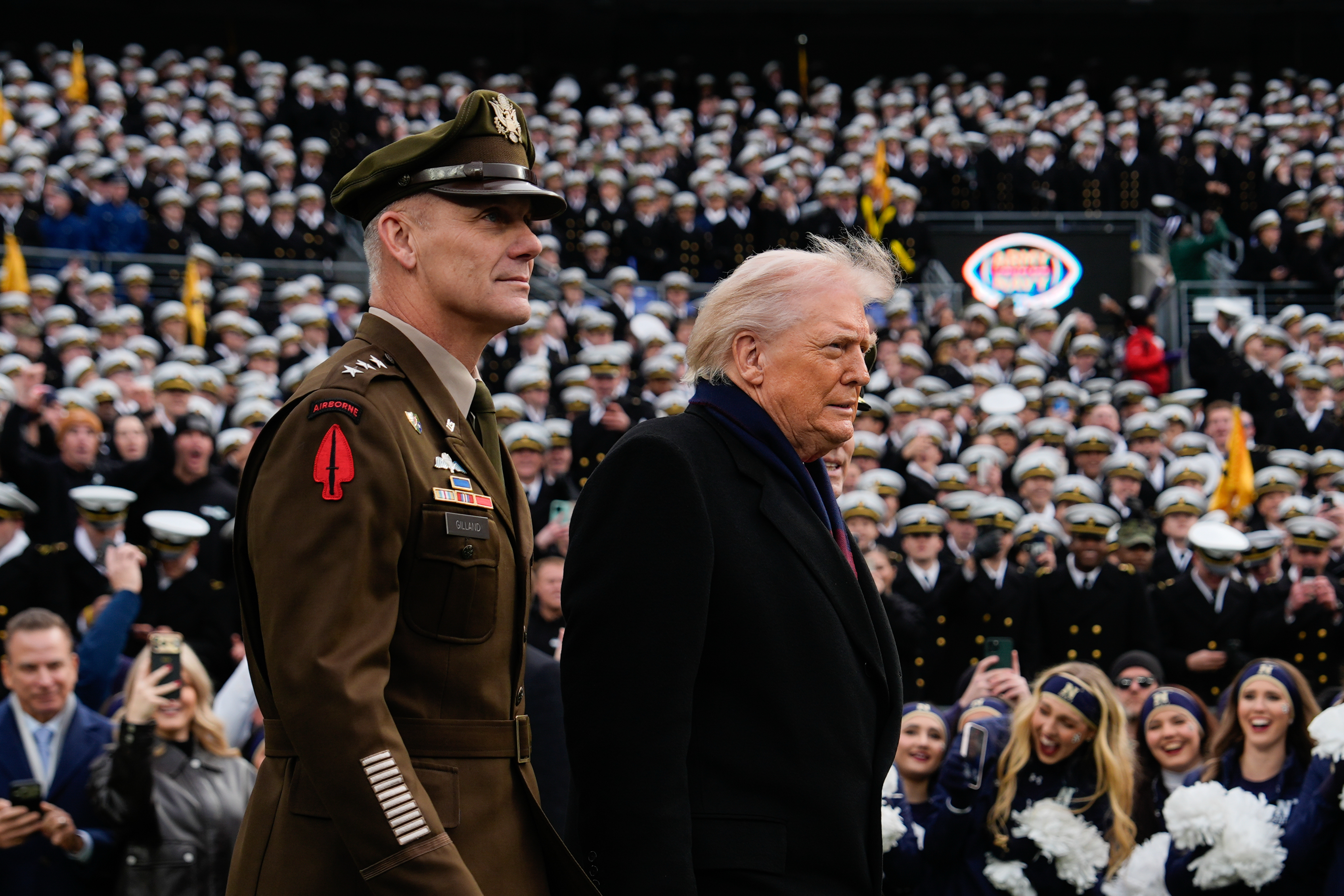To the average American, drones might just seem like a toy or a fun hobby. But they can pose a serious security threat.
In just over a week, the federal government's authority to detect and counteract malicious drones will expire, and officials warn that could have dire consequences.
"If it isn't reauthorized, there is no public safety agency in this country that can provide counter-UAS security," said Christopher Wray, the director of the FBI.
Counter-UAS, or counter-unmanned aircraft systems, are unmanned aircraft that are used to protect against other drones.
In 2018, Congress passed a law giving the Department of Justice and the Department of Homeland Security the authority to use unmanned aircraft against suspicious drones to protect special events, emergency responses, airports and more.
"The legislation gave DOJ and DHS the authority to disrupt, disable or destroy drones that were believed to be a credible threat to an event or venue or critical infrastructure that they're trying to protect," said Tom Adams, former FBI supervisory special agent.

Drone strikes injure at least 24 US troops on bases in the Middle East
Twenty troops were reportedly injured on Oct. 18 at the al-Tanf base in Syria. The same day, four others were hurt at the al-Asad base in Iraq.
Tom Adams worked for the FBI for 20 years, and three of those were spent as a Counter-UAS Program manager. He helped develop the mission standards and protocols for using drones safely without violating the First and Fourth Amendments.
"We wanted to make sure that we did it in a way that minimized the risk to the public in the airspace, and such because we wanted to make sure we could pave the way for other organizations and entities to be able to use the same type of techniques and equipment," said Adams.
From protecting the president and the southern border, to the Super Bowl and Fourth of July on the National Mall, this counter-drone authority has been used frequently and effectively.
In the 2020 fiscal year, the FBI detected over 200 drones unlawfully flying in restricted national security airspace.
"I love drones, but they can also be used by the careless and clueless and nefarious, and so we need to understand that the threat is real. And when it comes to some of the threats that we're seeing overseas, we have to understand that this threat knows no borders," said Adams.
Beyond renewing the current authority, DHS and DOJ want to expand it to allow the FBI to train state and local law enforcement, too.
"That would allow greater protection, because there are way too many of these events and way too much growth in the use of drones for FBI and DHS alone to be able to protect against it," said Wray.
The White House has been working to renew and expand the existing counter-UAS authority, but without action from Congress that critical security permission will end on Nov 18.










